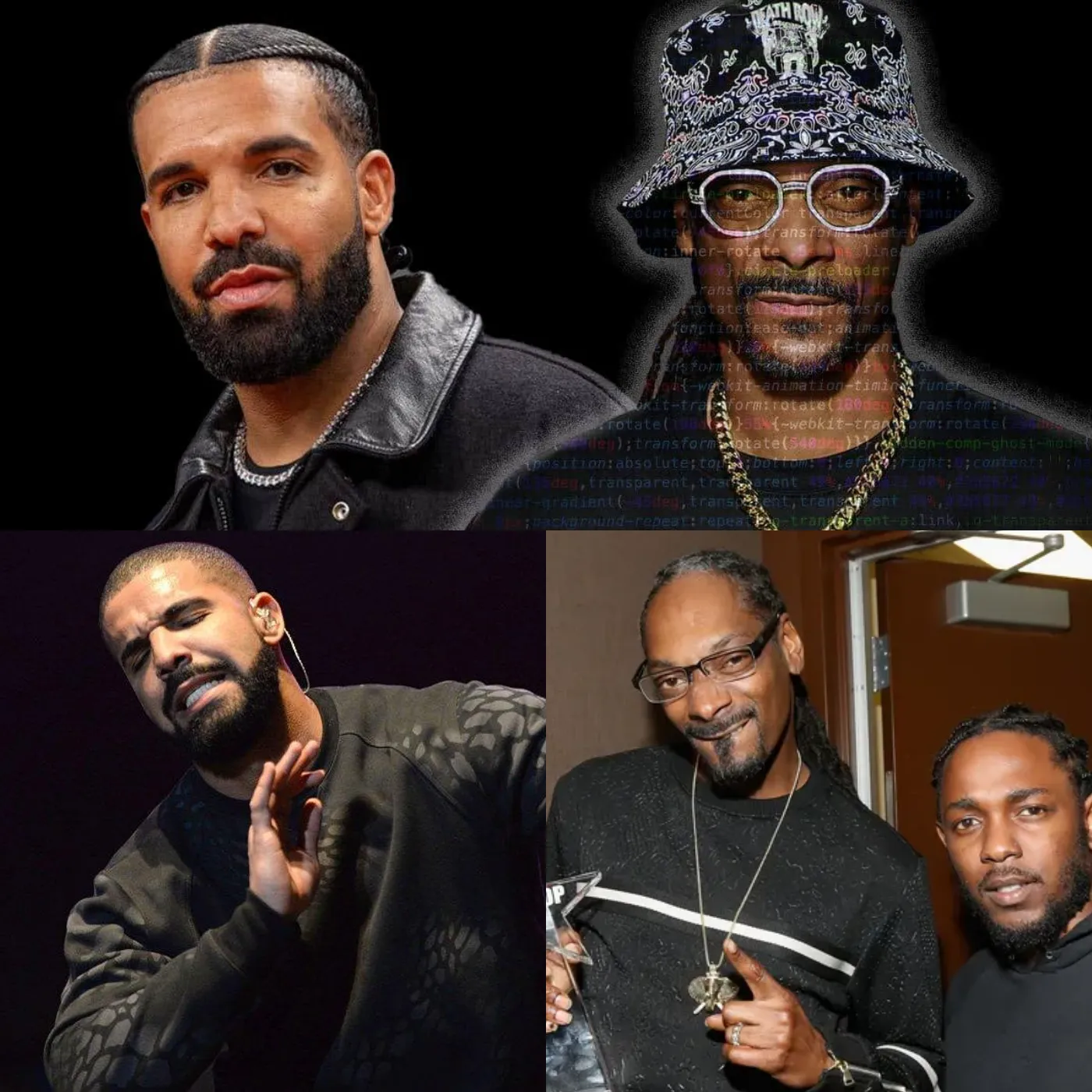The Guardian view of global justice at a crossroads: war crimes demand accountability | Editorial
The ICC’s arrest warrants for Israeli and Hamas leaders challenge decades of impunity, testing global resolve to uphold international justiceThe arrest warrants from the international criminal court (ICC) for the Israeli prime minister Benjamin Netanyahu, the defence minister Yoav Gallant, and the Hamas military chief Mohammed Deif, represent a historic milestone in the fight for accountability over war crimes. Hamas’s October massacre of 1,200 Israelis was a shocking violation of international humanitarian law, justifying prosecution. However, with many of Hamas’s senior commanders killed in Israeli military strikes, courtroom justice may remain elusive.For Israel’s leadership, the ICC’s action ends decades of perceived impunity and challenges what critics describe as Israel’s longstanding “shield of immunity”. There were predictable reactions: Mr Netanyahu condemned the ICC’s decision as “antisemitic”, while Hamas praised the warrants against Israel’s leaders as an “important historical precedent”. The ICC’s jurisdiction over Gaza, the West Bank, and East Jerusalem provides the legal foundation for this bold step. Yet, the real test of these warrants lies with the ICC’s 124 member states, which are legally obliged to arrest the accused and transfer them to The Hague. Failure to act would expose international law as a facade, undermining its credibility and allowing powerful nations and their allies to trample justice with impunity. Enforcing these warrants is not just a legal obligation – it is a moral imperative to uphold the principle that no leader is above the law.Do you have an opinion on the issues raised in this article? If you would like to submit a response of up to 300 words by email to be considered for publication in our letters section, please click here. Continue reading...

The ICC’s arrest warrants for Israeli and Hamas leaders challenge decades of impunity, testing global resolve to uphold international justice
The arrest warrants from the international criminal court (ICC) for the Israeli prime minister Benjamin Netanyahu, the defence minister Yoav Gallant, and the Hamas military chief Mohammed Deif, represent a historic milestone in the fight for accountability over war crimes. Hamas’s October massacre of 1,200 Israelis was a shocking violation of international humanitarian law, justifying prosecution. However, with many of Hamas’s senior commanders killed in Israeli military strikes, courtroom justice may remain elusive.
For Israel’s leadership, the ICC’s action ends decades of perceived impunity and challenges what critics describe as Israel’s longstanding “shield of immunity”. There were predictable reactions: Mr Netanyahu condemned the ICC’s decision as “antisemitic”, while Hamas praised the warrants against Israel’s leaders as an “important historical precedent”. The ICC’s jurisdiction over Gaza, the West Bank, and East Jerusalem provides the legal foundation for this bold step. Yet, the real test of these warrants lies with the ICC’s 124 member states, which are legally obliged to arrest the accused and transfer them to The Hague. Failure to act would expose international law as a facade, undermining its credibility and allowing powerful nations and their allies to trample justice with impunity. Enforcing these warrants is not just a legal obligation – it is a moral imperative to uphold the principle that no leader is above the law.
Do you have an opinion on the issues raised in this article? If you would like to submit a response of up to 300 words by email to be considered for publication in our letters section, please click here. Continue reading...



































